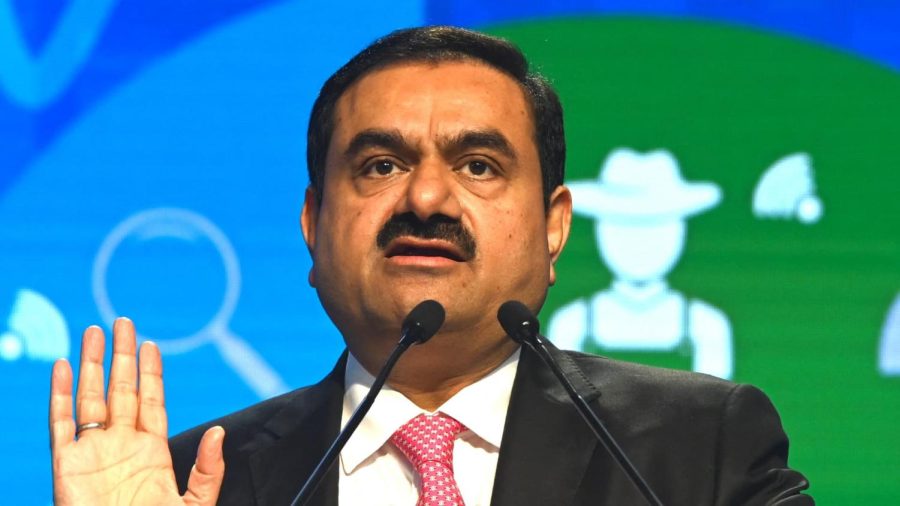The Inflation Reduction Act – Is It A Step In The Right Direction?
On August 16, 2022, President Biden signed the “Inflation Reduction Act” into law after it passed through Congress. This bill was aimed at improving the state of the U.S. economy and working to create clean energy guidelines for environmental sustainability. But what does this really mean? Let’s break it down. In summary, this bill aims to (1) impact multiple areas of taxation and finance, including higher taxes on large corporations, (2) reduce deficits to curb inflation, (3) reduce the cost of prescription drugs by allowing for Medicare to negotiate drug prices with pharmaceutical companies, (4) extend health insurance coverage to an approximated 3 million more Americans, (5) invest in more affordable sources of clean energy, such as solar panels, wind turbines, and battery plants, and (6) significantly reduce greenhouse gas emissions by 2030, among other things (see a full summary in Source 1, or a more extensive account of the bill in Source 2). These are some pretty lofty goals that should hopefully be a step in the right direction in terms of climate safety and sustainable development.
However, these provisions may not curb inflation as immediately as hoped, according to an article by NPR. Yes, the reduction in deficits (difference between government spending and tax/revenue), drug price negotiations, and renewable energy efforts should improve certain aspects of the economy, but it doesn’t address enough of the key drivers of inflation, like prices for food and energy. NPR cites Kent Smetters, faculty director of the Penn Wharton Budget Model, who believes the bill is neutral in its immediate effect. In other words, it shouldn’t worsen inflation, but it may not have a significant improvement for curbing it either (Source 3). The bill is projected to have a positive impact on minority and low-income communities in terms of health care, drug costs, and the impacts of climate change (Source 4).
On the other hand, when it comes to the bill’s efforts for climate change, advocates are skeptical. The Act may actually allow for more fossil fuel drilling projects, as part of some compromises made in passing the bill, potentially having a disproportionately negative impact on minority communities, including further pollution and toxic waste in areas near the drilling sites (Source 4).
Although it’s hard to know exactly what will come from this Act in the next few years, the Inflation Reduction Act should hopefully provide a springboard for future legislation regarding economic and environmental sustainability in the U.S.
Bibliography
Source 1: “BY THE NUMBERS: The Inflation Reduction Act” https://www.whitehouse.gov/briefing-room/statements-releases/2022/08/15/by-the-numbers-the-inflation-reduction-act/
Source 2: “H.R.5376 – Inflation Reduction Act of 2022” https://www.congress.gov/bill/117th-congress/house-bill/5376
Source 3: “What the Inflation Reduction Act does and doesn’t do about rising prices,” NPR https://www.npr.org/2022/08/11/1116229743/inflation-reduction-act-questions-answered
Source 4: “What the Inflation Reduction Act May Mean for African Americans” https://www.washingtoninformer.com/what-the-inflation-reduction-act-may-mean-for-african-americans/
Your donation will support the student journalists of Eastside High School. Your contribution will allow us to purchase equipment and cover our annual website hosting costs.

Elle Henson is a senior at Eastside High School and writer for The Monthly Ram. Elle enjoys literary and poetic arts, reading, staying active, and enjoying...



























